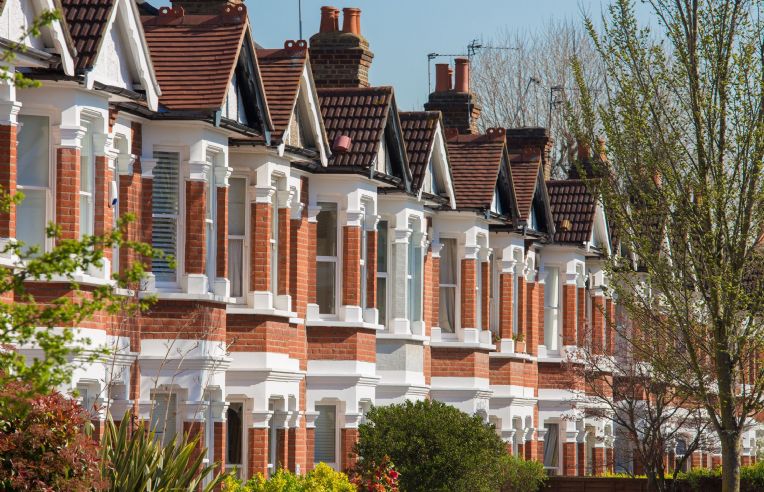



Buying a buy-to-let property can seem like a great investment, but there are several things to consider before you dive in.
For instance, the reason why you want to buy a property as an investment may not be sound. There are a number of pitfalls that might make this type of investment less advantageous than it seems at first glance. And then there’s the cost: it’s not cheap to buy and run a buy-to-let property. Here are the pros and cons of buying a property for rental income.
A buy-to-let property is a property that you buy with the intention of renting it out to tenants. You are looking for rental income, not a long-term return on your investment.
The income potential is one of the best reasons to buy a property for rental income. With a good buy-to-let property, you can get about £1000 per month in rent from one tenant. That’s on top of the mortgage payments and insurance, which are typically tax deductible.
And if you live near your investment property, it’s an easy way to make some extra money on the side. If you live close by and have an empty basement or room in your home, you could rent it out while living there or while away during the day.
Another pro of buying a property as an investment is increasing value over time. When done right, this type of investment can also be beneficial financially as rents go up and property values rise.
One of the most common mistakes people make is believing that they’ll be able to make all their mortgage payments. This is usually not the case. If you buy a property and rent it out, there are many costs to consider: maintenance, insurance, utilities, property management, and repairs. If a tenant damages the property (which can happen), for example, then you’re going to have to pay for that too.
If you buy a property just for rental income but don’t have enough cash in reserves to cover emergencies, you could be in trouble in the long term. For example, if your tenant decides not to pay rent or moves out for any reason and your property needs significant repairs or upgrades before it can be rented again, then you would need money on hand to fix it up or compensate for lost income during the time it takes to do so. In addition to these concerns about cash flow and emergency funds, there are other types of property-related expenses that need your attention as well: taxes, insurance premiums, management fees, etc.
After reading this article, you might decide that a buy-to-let property isn’t for you. But if you still think it's the right investment for you, there are still some things to consider before you dive in.
You'll need to consider your motivation for buying a buy-to-let property. If the only reason is because "you can" and you don't have any other business plans or goals, then it might not be worth the cost of investing in a buy-to-let property.
If your goal is to add rental income to your portfolio and provide yourself with extra monthly income, then this may be the right purchase for you. You can also use your investment as an emergency fund in case of health problems or job loss.
If your primary goal is building wealth or want to use this as an opportunity to increase your entrepreneurial skills, then this type of investment may not be best suited for you at this time.
Every investor has different goals and motivations when they enter into an investment like this one. Before making any final decision about whether or not a buy-to-let property is right for you, think about what matters most to you and ask yourself what would happen if circumstances change? What will happen to my investment? How much money will I make? What am I trying to accomplish by buying a buy-to-let property now?
If you're interested in investing in real estate, a buy-to-let property could be right for you. There are many different types of properties that allow you to purchase as an investment and generate rental income. You might invest in residential properties, apartment complexes, commercial properties, or short-term vacation rentals.
These investments all have their pros and cons. For example, if your goal is to generate the most rental income possible, it's best to purchase an apartment complex. On the other hand, if you want more hands-on management of your property, a smaller residential property would be better for you.
Making the decision whether to invest in a buy to let property is not an easy one. You need to weigh up the pros and cons. The first thing you need to consider is how much of a mortgage you’re able to afford. If you’re borrowing a large amount of money, then the risk is higher and the return is likely to be lower.
The next thing to consider is whether you have the skillset to manage a buy-to-let property; this will depend on what type of property you’re looking to buy. Finally, you need to take a look at your financial situation and make sure that your mortgage repayments can comfortably be met from your income. Once you’ve thought about all these things, then it’s time for you to decide whether investing in a buy-to-let property is for you.